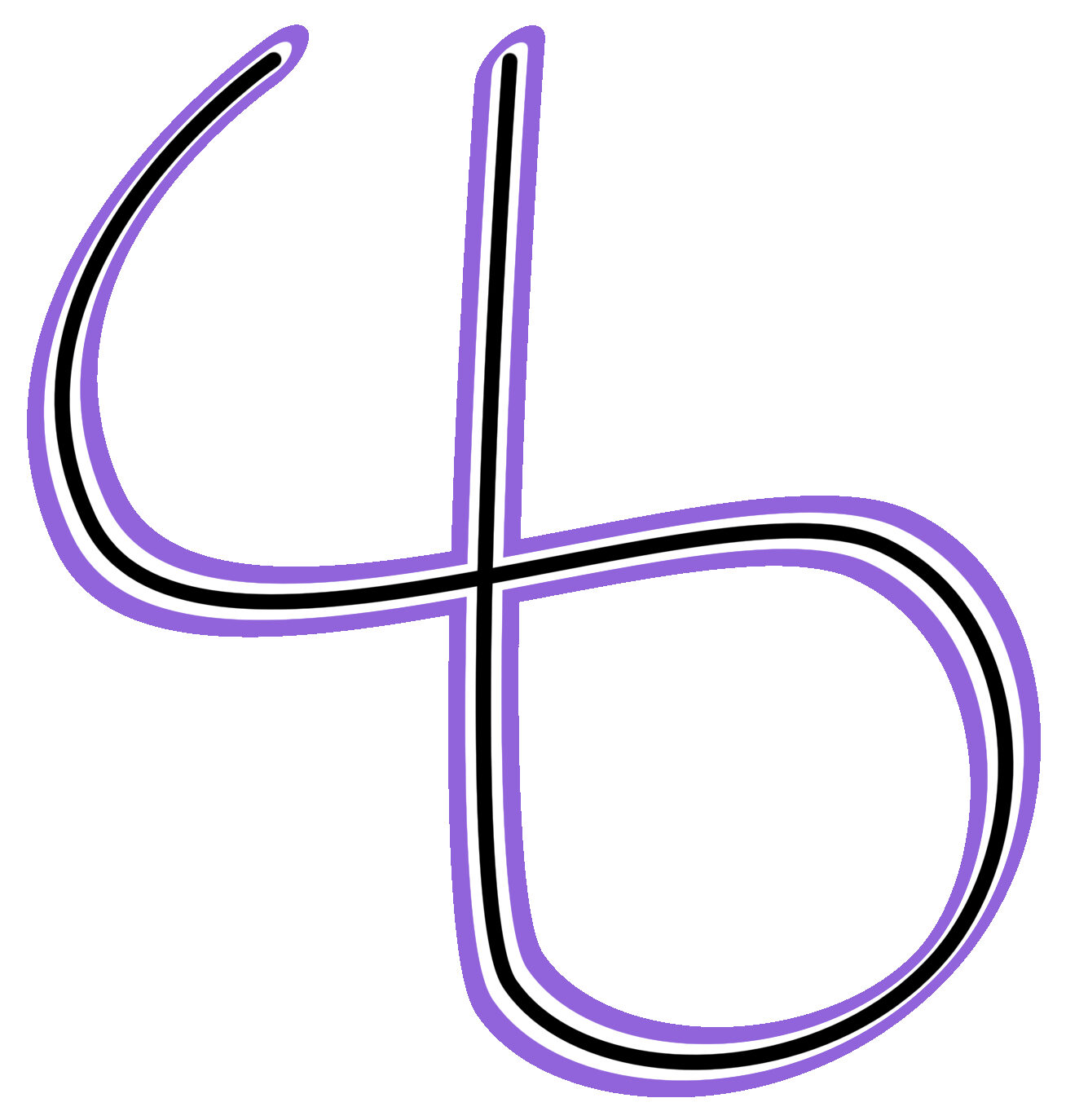The Perils of Censorship in Corrupt Systems.
In the hands of corrupt individuals who hijack our official entities, censorship becomes a weapon to control the flow of information. However, at its core, democracy thrives on our innate right to express ourselves freely, and to discern truths without bias. Open dialogue, the lifeblood of democracy, solidifies its foundation. Our democracy flourishes when we are able to express, share, and engage in unfettered discourse. This is not just a right, but a cornerstone of a robust and thriving society.
In the fabric of democratic societies, the threads of free expression are woven with utmost care and reverence. It is a fundamental right, a cornerstone upon which open dialogue, progress, and understanding are built. However, the spectre of censorship looms ominously, casting a shadow on this sacred foundation.
It is often the hallmark of corrupt systems that fear the unvarnished truth, that tremble at the thought of dissenting voices. In their insecurity, they resort to censorship, hoping to stifle the very voices that could expose their flaws and wrongdoings. It is a desperate act of self-preservation, born out of the fear of being held accountable.
Corrupt individuals, too, are known to be champions of censorship. They dread the power of ideas, recognising that knowledge is the enemy of manipulation. They seek to shroud the truth, to keep their nefarious deeds hidden in the shadows, shielded from the discerning eyes of a vigilant public.
In a landscape dominated by digital platforms, a new battleground for free expression emerges. It is not the business of any company to play the role of an arbiter of truth. Biased judgments should not dictate what is shared and discussed. The power to influence public discourse should not be wielded recklessly, for it is a double-edged sword that can cut both ways.
To censor is to arrogantly assume the mantle of infallibility, to dismiss the diversity of perspectives that shape our collective understanding of the world. It is to forget that truth often emerges from the crucible of debate and dissent, not from the stifling embrace of conformity.
As guardians of free expression, it is our duty to defend this sacred right against the encroachment of censorship. It is our responsibility to ensure that no corrupt system or individual holds dominion over the narrative. Let us stand firm in our resolve to uphold the principles that underpin open discourse, for in doing so, we safeguard the very essence of democracy itself.
